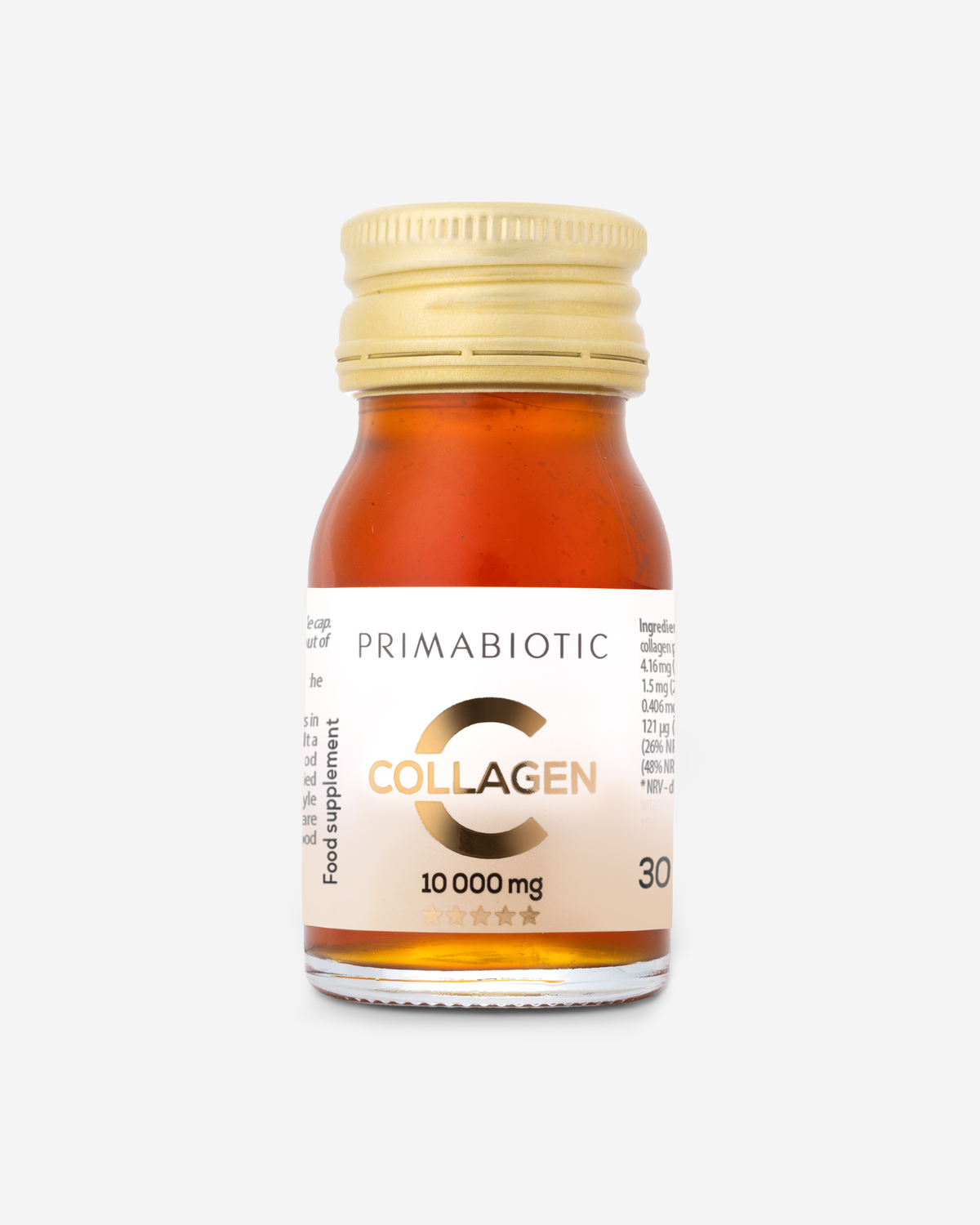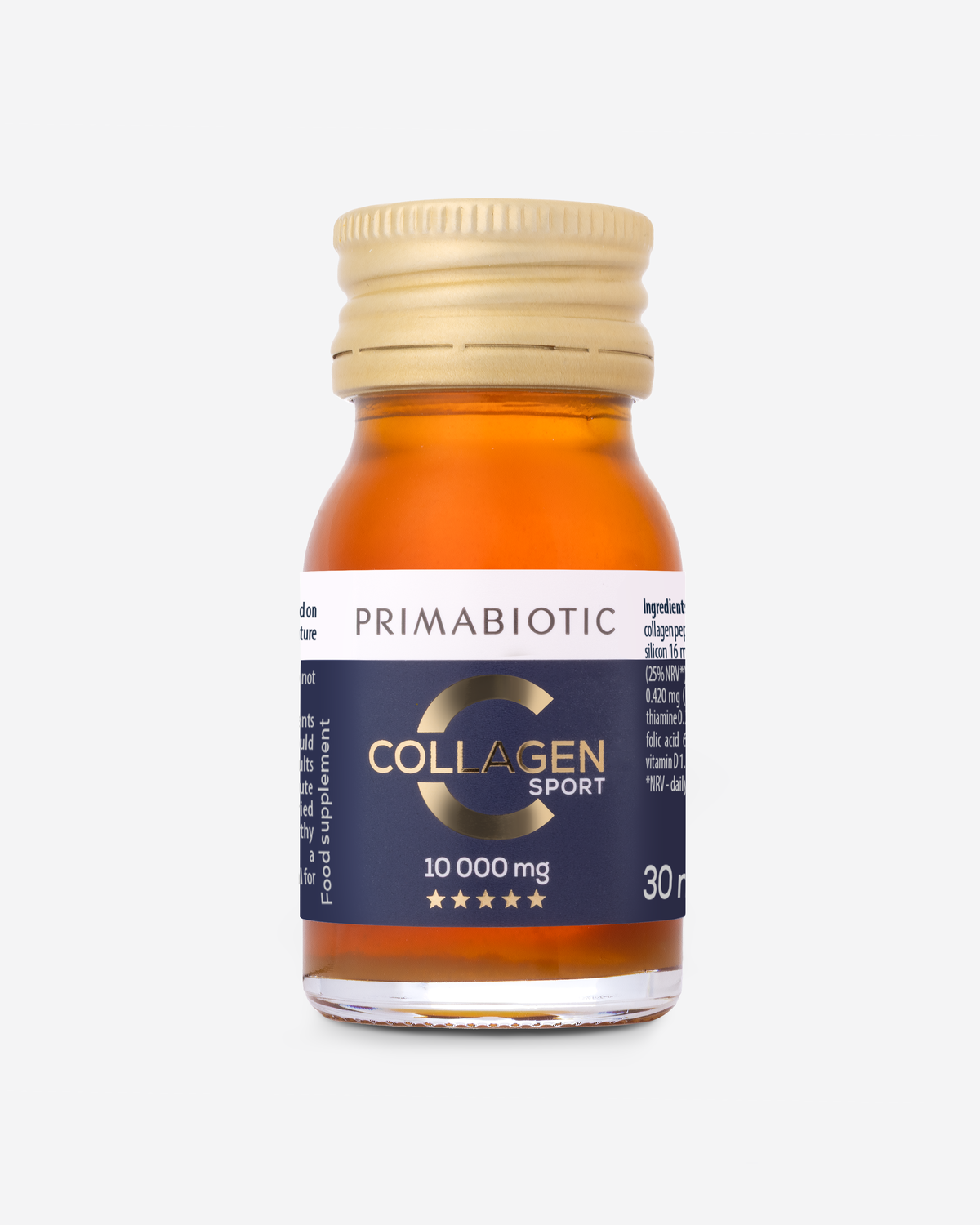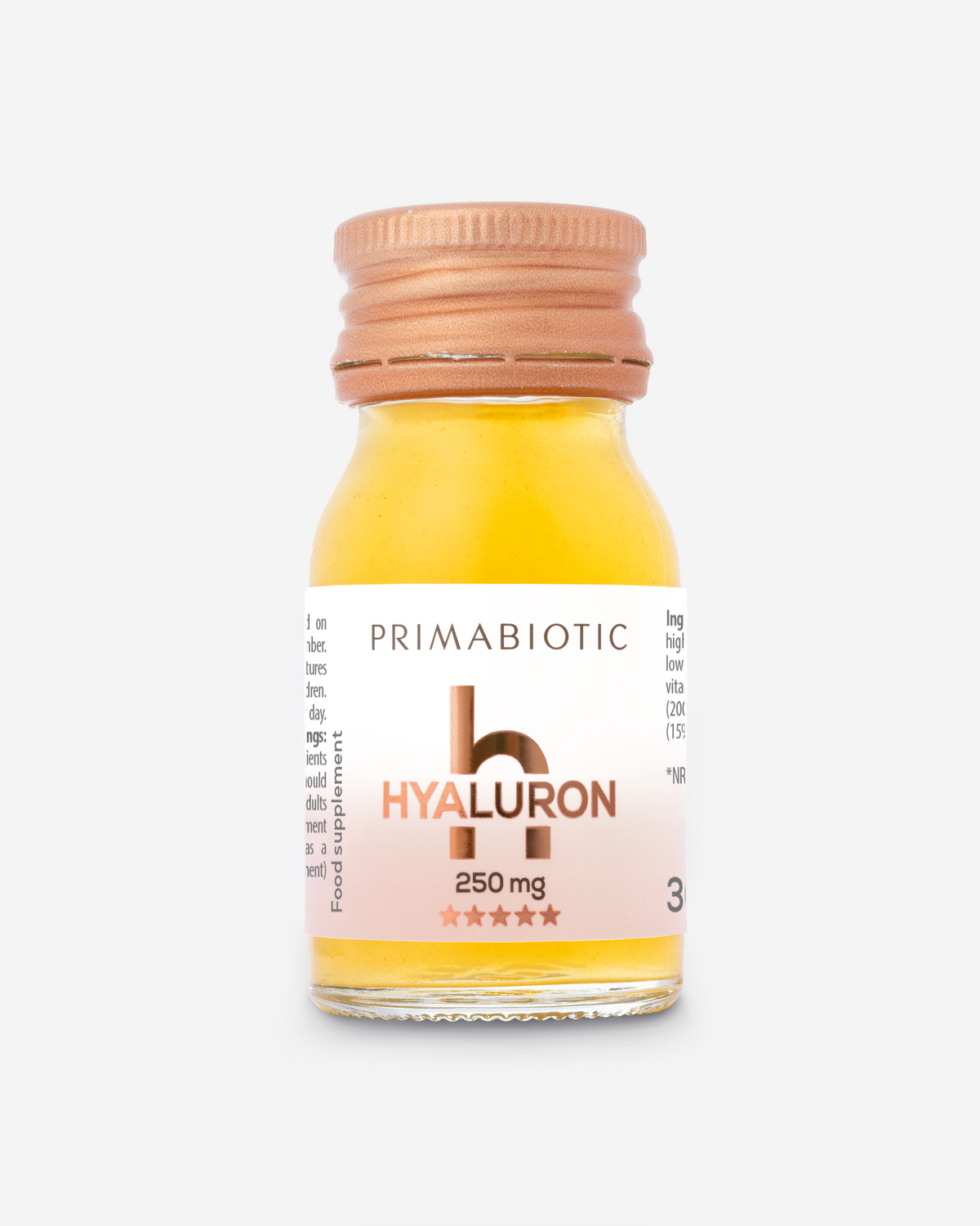If you’re noticing your complexion becoming less firm, developing fine lines or showing new discoloration, it may be time to update your routine. So what is the best skincare for mature skin? It’s a routine built around deep hydration, barrier repair and active ingredients that support elasticity — such as vitamin C, peptides, hyaluronic acid and retinol. When used consistently, these elements help mature skin stay smooth, radiant and resilient. In this guide, you’ll discover what mature skin really means, when these changes typically begin and how to care for it step by step to achieve long-lasting, visible results.
What age is mature skin?
Many people ask “what age is mature skin?”, and the answer isn’t identical for everyone. In general, the term mature skin refers to skin after the age of 40, when natural ageing processes intensify and the production of collagen and elastin starts to slow down. However, lifestyle, genetics and environmental exposure can speed up these changes.
Early signs of aging skin — such as fine lines, reduced elasticity or uneven tone — can appear around the age of 35. That’s why when we talk about mature skin what age, the number varies, even though 40 is widely accepted as the point when skin care for mature women becomes essential. From this moment on, a targeted routine helps keep the skin firm, hydrated and healthy-looking.
What characterises mature skin?
Mature skin is typically marked by reduced elasticity, firmness and a slower ability to regenerate. With age, the natural production of collagen, elastin and hyaluronic acid decreases, impacting the overall structure of the skin. Wrinkles become more visible, and the complexion may lose its glow and suppleness. You may also notice pigmentation, dryness, dehydrated skin or broken capillaries.
A common characteristic of skincare for ageing skin is a weakened skin barrier and slower cell turnover. This makes the skin more sensitive to external factors like UV radiation, wind and temperature changes. For this reason, the best skin care for aging skin focuses on rebuilding the barrier, strengthening the skin and maintaining deep hydration every day.
Skin care for mature skin – Morning & evening routine
Daily skin care for mature women should be consistent, gentle and adapted to the skin’s evolving needs. Both morning and evening routines can follow a few key steps that help maintain healthy, youthful-looking skin.
Morning mature skin care routine:
- Cleansing – a gentle gel or milk cleanser that doesn’t disturb the skin barrier.
- Toning – restores the skin’s natural pH and improves product absorption.
- Serum with active ingredients – e.g., vitamin C, peptides or hyaluronic acid.
- SPF moisturiser – ideally with hydrating and protective ingredients.
- Eye cream (optional) – a lightweight formula to reduce puffiness and dark circles.
Evening skin care routine for mature skin:
- Thorough cleansing – preferably double cleansing to remove makeup and impurities.
- Active serum – e.g., retinol or peptides to support renewal.
- Rich night cream – boosts hydration and repair while you sleep.
- Nourishing mask (once a week) – replenishes active ingredients and supports regeneration.
A well-planned anti aging skin care routine helps slow down the visible signs of ageing and supports healthier, firmer-looking skin over time.
Best vitamins for dry aging skin
The best vitamins for dry aging skin include nutrients that support hydration, strengthen the barrier and help maintain elasticity. Vitamin C is especially important, as it activates collagen synthesis, which naturally slows after 50. Many women also benefit from adding hydrolysed collagen peptides (type I and III) to improve firmness and skin density. After 60, collagen type II becomes useful for overall comfort and joint support. For deeper hydration, a hyaluronic acid supplement can enhance moisture retention from within, making the skin feel plumper and more resilient.
Key vitamins for dry aging skin:
- Vitamin C – essential for collagen synthesis.
- Vitamin A (retinol) – supports renewal and firmness.
- Vitamin E – protects lipids and helps reduce dryness.
- Niacinamide – strengthens the barrier.
- Zinc & biotin – support overall skin health.
Together, the right vitamins, collagen peptides and internal hydration create a powerful combination for ageing skin that visibly improves texture and radiance.
Best skin care for mature skin – what to avoid?
When caring for mature skin or dry aging skin, it’s important to avoid harsh products or habits that irritate or dehydrate the skin — especially if they’re not balanced with soothing care. As your skin ages, it becomes more sensitive, so it’s essential to choose proven active ingredients in suitable concentrations and gentle formulas.
Here are the most common mistakes:
- Over-cleansing – products with alcohol or harsh scrubs can damage the skin barrier.
- Skipping SPF – UV exposure is one of the main causes of premature ageing.
- Using creams that no longer meet the skin’s needs – lightweight emulsions may be too weak for ageing skin.
- Ignoring active ingredients – skipping serums (like retinol or vitamin C) may limit results.
- Changing products too often – prevents you from seeing their actual effectiveness.
Remember: skincare for ageing skin requires patience, consistency and smart choices. The wrong products can easily undo the benefits of even the best routine.
How to take care of skin after 50?
If you’re wondering how to take care of skin after 50, focus on a routine that supports hydration, firmness and daily protection. After turning 50, the skin produces far less collagen and natural oils, which leads to dryness, fine lines and a more uneven tone. A good routine should include gentle cleansing, hydrating serums, daily SPF, nourishing creams and active ingredients like retinol, peptides and vitamin C.
It’s also worth supporting the skin from within — for example with hydrolysed collagen peptides and a hyaluronic acid supplement, which help improve elasticity and hydration levels in mature skin. And don’t overlook lifestyle habits: restorative sleep, a nutrient-dense diet and regular movement further enhance the skin’s resilience. With consistent care, skin after 50 can stay smooth, luminous and beautifully strengthened.
How to get younger skin in 60s?
Many people wonder how to get younger skin in 60s, and the key lies in combining gentle everyday care with targeted active ingredients and deeper internal support. In your 60s, the skin becomes thinner, more fragile and more prone to dryness, so barrier strengthening should be a priority. Hydrating serums with hyaluronic acid, nourishing creams with ceramides, and retinol-based formulas help soften fine lines and boost elasticity.
Internal support becomes even more important at this age — especially collagen type I, II and III, which can help with both firmness and joint comfort, as well as antioxidant-rich foods and supplements. With a consistent, well-structured routine and good protection (including daily SPF), skin in your 60s can become visibly smoother, brighter and more resilient.
Best skincare for menopausal skin
The best skincare for menopausal skin focuses on rebuilding the barrier, restoring lost moisture and strengthening the skin as hormonal changes accelerate collagen loss. Look for moisturisers rich in lipids, serums with vitamin C to support collagen and brighten the complexion, and retinol for improving texture and elasticity. Ceramides and squalane help replenish the skin’s natural oils, while hyaluronic acid — including hyaluronic acid to drink — supports deeper hydration.
Because menopause significantly reduces firmness and moisture levels, adding collagen peptides and antioxidant support can further improve comfort and elasticity. With the right combination of soothing, strengthening and hydrating steps, menopausal skin becomes less reactive, more supple and noticeably more radiant.
An effective routine for mature skin
A successful mature skin care routine is based on consistency, well-selected active ingredients and understanding what your skin needs at each stage of life. The best results come from combining high-quality skincare with internal support — such as supplements containing the best vitamins for dry aging skin or collagen-supporting nutrients.
In summary:
- What age is mature skin? Most people experience the first visible signs of mature skin after 40, although changes linked to aging skin may appear earlier depending on lifestyle and genetics.
- What characterises skincare for ageing skin? Skincare for ageing skin focuses on improving elasticity, strengthening the barrier and maintaining deep hydration to counter fine lines, dullness and dehydrated skin.
- What is the best skin care for aging skin? The best skin care for aging skin includes gentle cleansing, daily SPF, vitamin C serums, peptides, hyaluronic acid and retinol to support firmness and overall skin health.
- How to take care of skin after 50? Use hydrating serums, nourishing creams, daily SPF and active ingredients like retinol, peptides and vitamin C. Collagen peptides and good lifestyle habits help maintain firmness and glow.
- What are the best vitamins for dry aging skin? Vitamin C, A, E, niacinamide, zinc and biotin support hydration and collagen. Collagen peptides and hyaluronic acid supplements enhance elasticity and moisture levels.
- What is the best skincare for menopausal skin? Choose lipid-rich moisturisers, vitamin C, ceramides, squalane, hyaluronic acid and retinol. Collagen peptides and hyaluronic acid to drink help restore firmness and comfort.
The best skin care for mature skin is all about consistency, hydration and targeted active ingredients. With age, the skin loses collagen, elasticity and natural moisture, so a good routine should focus on gentle cleansing, daily SPF, nourishing creams and serums with vitamin C, peptides, hyaluronic acid and retinol. Supporting the skin from within — through collagen peptides and hyaluronic acid supplements — further enhances firmness, glow and resilience. Whether you’re caring for your skin after 50, aiming to get younger skin in your 60s or going through menopause, a structured routine and the right nutrients can make a visible difference in the skin’s texture, comfort and radiance.
See also other articles:






